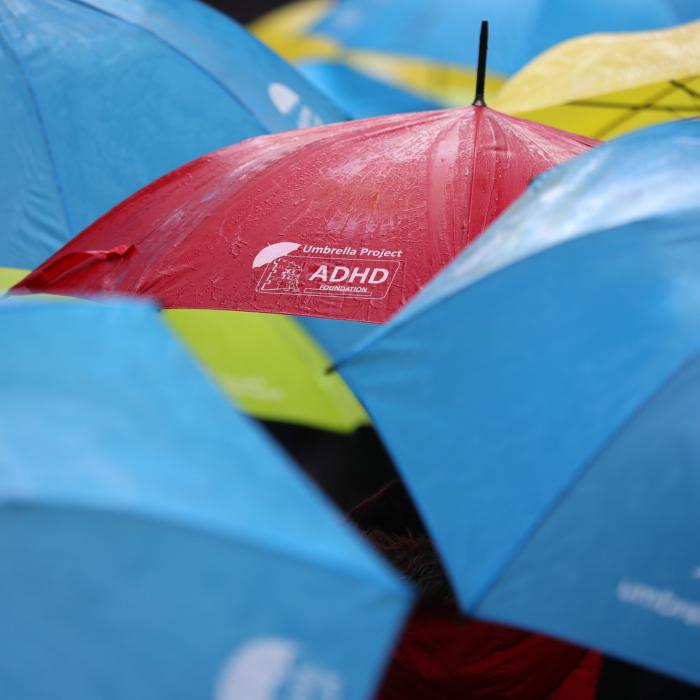An NHS taskforce has been set up in response to concerns around the rising demand for ADHD diagnoses, NHS England has announced.
ADHD (attention deficit hyperactivity disorder) was the second-most viewed health condition on the NHS website in 2023, after COVID-19, according to new figures compiled by NHS England, with 4.3 million page views over the course of the year.
400 Percent Rise
The number of adults in search of a diagnosis has skyrocketed in recent years, with people increasingly turning to private clinics that use quick, unreliable online assessments while offering powerful medication, to leapfrog long waiting lists—up to seven years—on the NHS.Timely Diagnosis
In a statement, NHS chief executive Amanda Pritchard said: “NHS staff across the country are working hard to ensure all patients requiring assessments and further support from ADHD services are seen as promptly as possible.“We have recognised that that more needs to be done to ensure people can get a timely diagnosis and importantly, that all of their needs are addressed.
‘Medicalise the Human Experience’
Mental health professionals, however, have warned that the increasing use of diagnostic labels may “medicalise the human experience” instead of delving into the psychological issues behind symptoms.A 2015 review in The Canadian Journal of Psychiatry claimed that ADHD is being overdiagnosed and argued that the definition of ADHD in doctors’ guidelines has broadened in recent years.
An ADHD assessment takes place with a specialist, typically a neurobehavioral psychiatrist, and normally takes one to three hours, using a list of symptoms from the reference book the “Diagnostic and Statistical Manual of Mental Disorders,” often known as the “DSM.”
‘Distress is Very Real’
Dr. Damian Wilde, a psychologist with many years of clinical and therapeutic experience in the NHS, told The Epoch Times last year that that ADHD isn’t an illness in the way many people think it is, though the “distress is very real.”He said many people experience trauma, a difficult life event, neglect, a lack of opportunity, poverty, day-to-day stress, and poor relationships, all of which can contribute to psychological distress. In some cases, this unresolved pain can manifest as ADHD-like symptoms.
In an article titled “Mental Illness Doesn’t Make You Special,” the publication UnHerd wrote about a “thriving ADHD community” on TikTok and Tumblr in which people “view their attentional difficulties not as an annoyance to be managed with medical treatment but as an adorable character trait that makes them sharper and more interesting than others around them.”






